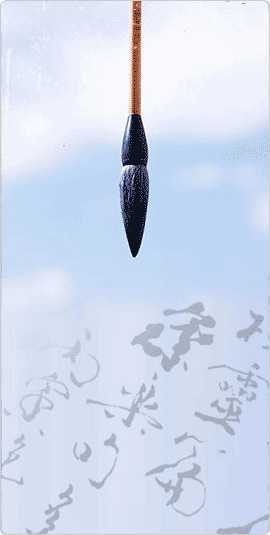Newsletter

Answer page
Learn the Chinese Characters-“吗,” “吧,” “呢,” “啦”

The correct answer to this quiz is “C.”
Analysis:
Zhang Li: I've been going out with Jack for almost five years.
Tracy: Then why haven't you gotten married yet?
All of these Chinese characters can be used as modal particles at the end of a sentence. However, they each indicate different modalities of expression.
“吗” is attached to a declarative sentence to indicate a general question whose answer should be “yes” or “no.”
For example:
Nǐ gōngzuò zuò wán le ma?
你 工作 做 完 了 吗? ![]()
Have you finished your work?
When added to the end of a sentence, “吧” makes a sentence imperative and indicates a suggestion or light command.
For example:
Nǐ háishì duō yùndòng xià ba.
你 还是 多 运动 下 吧。 ![]()
You should get more exercise. (Suggestion)
"呢” is usually added to a question that offers choices or to a rhetorical question to heighten the interrogative tone.
For example:
Nǐ wèishénme bù duō yùndòng xià ne?
你 为什么 不 多 运动 下 呢? ![]()
Why don’t you get more exercise?
When used at the end of a sentence, “啦” indicates delight, admiration, surprise or anger.
Wŏmen shènglì la!
我们 胜利 啦! ![]()
We've succeeded!



